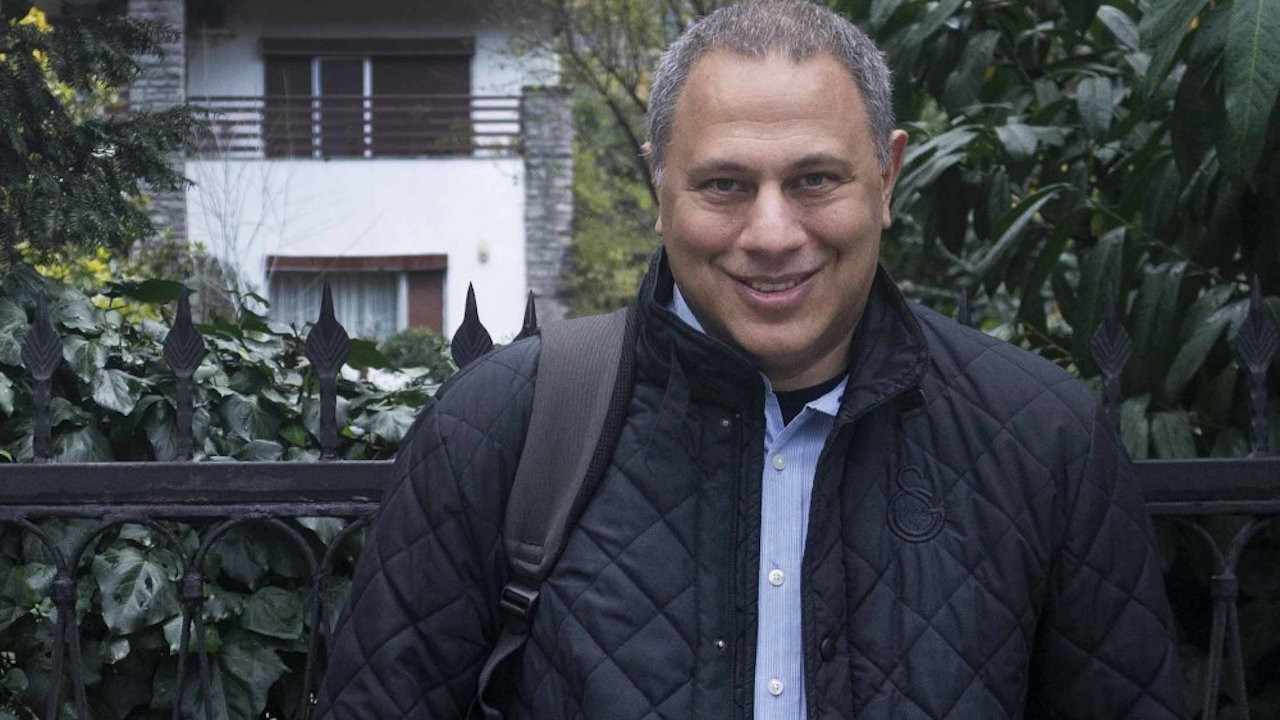Turkish government to 'suffer from serious loss of income due to strict social media law'
Cyber rights activist Yaman Akdeniz has said that the Turkish government will be negatively affected by its plan to impose advertisement bans on social media giants. "The advertisement ban will affect everyone but we shouldn't forget that Facebook pays Turkey digital tax, value-added-tax and withholding tax over the prices of the ads it gets," Akdeniz told Duvar on Dec. 3.
Serkan Alan / DUVAR
The Turkish government will be affected by penalties it plans to impose on social media giants, according to cyber rights activist Yaman Akdeniz.
Akdeniz said that the fines imposed on the social media platforms will have no impact and that the following measure that bans these companies from getting advertisements will also affect the ruling Justice and Development Party (AKP).
"The advertisement ban will affect everyone but we shouldn't forget that Facebook pays Turkey digital tax, value-added-tax and withholding tax over the prices of the ads it gets," Akdeniz told Duvar on Dec. 3, adding that the government will suffer from a serious loss of income in case the ban is actually imposed.

Turkey's new social media regulation went into effect on Oct. 1 amid intense criticism on censorship, bringing along a string of restrictions for social media companies, including the requirement to open offices in Turkey, and a halving of their bandwidth if they fail to comply.
The first fine was imposed on Nov. 4. The due date set for the companies with over 1 million daily access from Turkey to appoint representatives was on Nov. 2, but only Russian social media platform VK conveyed the name of its representative to the Information Technologies and Communication Authority (BTK).
Facebook, Instagram, Twitter, YouTube, Periscope and TikTok were fined 10 million Turkish Liras each for not appointing representatives.
They were fined an additional 30 million liras each for still not appointing representatives on Dec. 3.
If they once again reject the appointment in 30 days, an advertisement ban will be placed. In case they insist on not appointing representatives within three months after the second fine is issued, the next step will be decreasing their bandwidth by 50 percent and it will further decrease by 90 percent if they don't abide, which means that access to them will practically be barred.
Akdeniz said that he is not sure whether Turkey will impose the third penalty of banning advertisements.
"We'll see whether Turkey will dare to do that. It says it will, but we'll see next year. We need to keep in mind that there is an ongoing process at the Constitutional Court," he said.
According to Akdeniz, the most problematic part of the five-step penalty system is the ban on advertisements.
"Small and medium-sized enterprises, people who use these ads during the COVID-19 pandemic, and those who do their shopping from e-trade will also be affected. The government will also suffer because there will be a serious loss of income and tax," he said.
While Facebook previously announced that it won't appoint representatives, Twitter and others remain silent on the issue.
"The fines are not deterrent," Akdeniz said.
Meanwhile, the Digital Media Commission that was formed in parliament following the passing of the draconian law held a meeting behind closed doors last week.
Sources told Duvar that the penalties' negative impacts on the economy were on the commission's agenda.
Netflix to open office in Turkey
Separately, Netflix announced on Dec. 3 that it will open an office in Turkey. The office will be opened in the second half of 2021.
Culture and Tourism Minister Mehmet Nuri Ersoy praised Netflix's decision, voicing his happiness that Turkish series and movies will reach a wider audience.

 Digitalization without controls would lead us to fascism: ErdoğanMedia
Digitalization without controls would lead us to fascism: ErdoğanMedia Russia’s VKontakte only social media platform to appoint local representative to Turkey, says expertScience & Tech
Russia’s VKontakte only social media platform to appoint local representative to Turkey, says expertScience & Tech Turkey fines social media giants for not appointing representatives in line with draconian lawMedia
Turkey fines social media giants for not appointing representatives in line with draconian lawMedia